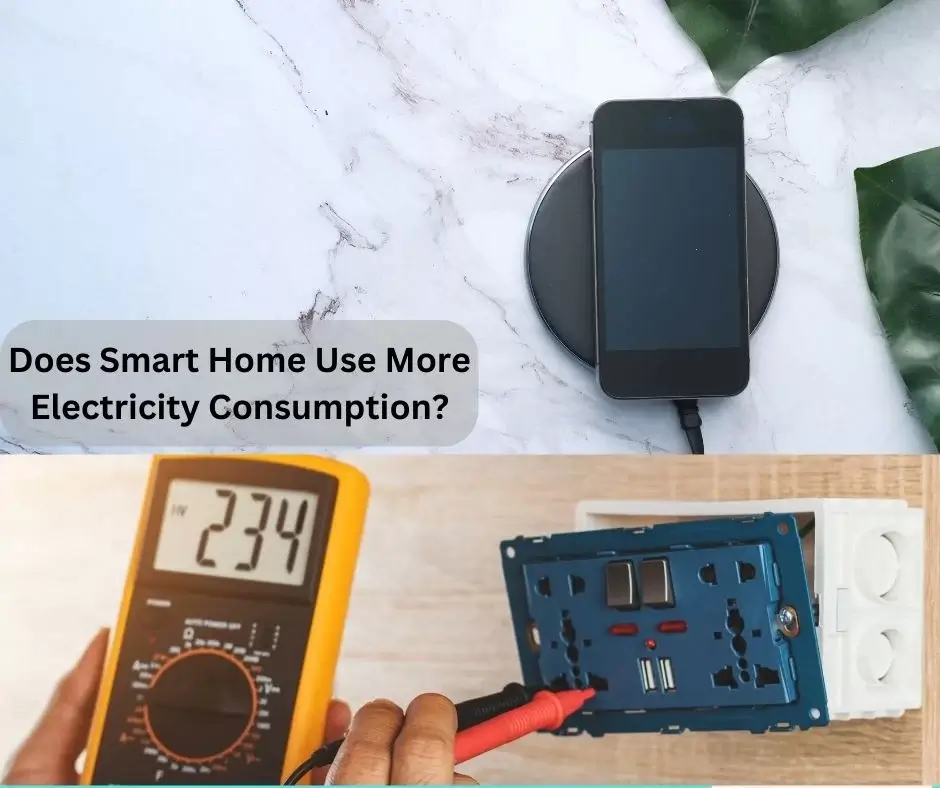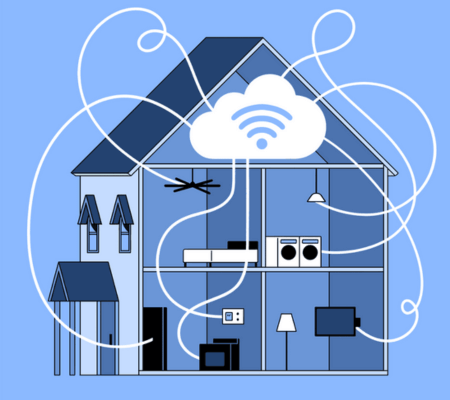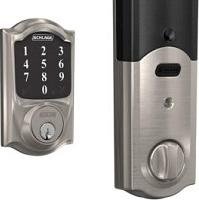Smart homes have become increasingly popular in recent years, with many homeowners opting to automate their homes for convenience and energy efficiency. However, there has been some debate about whether smart home technology actually uses more electricity than traditional homes. This article aims to explore this topic and provide a clear answer to the question: does smart home use more electricity?

There are several factors that can impact the amount of electricity a smart home uses. For example, smart home devices such as thermostats, lighting systems, and appliances can be programmed to turn off when not in use, which can save energy. However, some smart home devices require a constant connection to the internet, which can use more electricity than traditional devices that do not require a connection. Additionally, some smart home systems are designed to be always on, which can also contribute to higher energy usage.
Table of Contents
ToggleValue of Smart Homes
Smart homes have become increasingly popular in recent years due to the convenience they offer. However, there are concerns about whether these homes consume more energy than traditional homes. This section will provide an overview of smart homes and their key components.
What is a Smart Home?
A smart home is a residence that uses technology to automate and control various systems, such as lighting, heating, ventilation, air conditioning (HVAC), security, and entertainment. These systems can be controlled remotely through a smartphone, tablet, or computer, or they can be programmed to operate automatically based on the homeowner’s preferences.
Smart homes use a variety of sensors and devices to monitor and control various aspects of the home. For example, smart thermostats can adjust the temperature based on the homeowner’s schedule and preferences, while smart lighting systems can turn off lights in unoccupied rooms to save energy.
Key Components of a Smart Home
There are several key components of a smart home, including:
- Smart thermostats: These devices can adjust the temperature based on the homeowner’s schedule and preferences, which can help save energy and reduce utility bills.
- Smart lighting systems: These systems can turn off lights in unoccupied rooms to save energy, and they can be programmed to turn on and off at specific times.
- Smart security systems: These systems can monitor the home and alert the homeowner if there is any suspicious activity. They can also be used to control access to the home.
- Smart entertainment systems: These systems can stream music and video content throughout the home, and they can be controlled using a smartphone or other device.
Overall, smart homes offer a range of benefits, including increased convenience and energy efficiency. However, it is important to choose the right components and use them wisely to ensure that they do not consume more energy than necessary.
Electricity Consumption in Smart Homes
Smart homes are designed to make life easier and more convenient for homeowners. However, there is a concern that smart homes may consume more electricity than traditional homes. This section will explore how smart homes use electricity and the factors that influence their electricity usage.
How Smart Homes Use Electricity
Smart homes use electricity in a variety of ways. One of the most significant ways is through the use of smart devices. Smart devices, such as thermostats, light bulbs, and appliances, are designed to be energy efficient. They use less electricity than traditional devices, and they can be controlled remotely to reduce energy waste.
Another way that smart homes use electricity is through the use of home automation systems. Home automation systems allow homeowners to control various aspects of their home, such as lighting, heating, and cooling, with the touch of a button. While home automation systems can increase energy efficiency, they can also increase electricity usage if not used properly.
Factors Influencing Electricity Usage
Several factors influence the electricity usage of smart homes. One of the most significant factors is the number of smart devices in the home. The more smart devices in a home, the more electricity the home will consume. However, homeowners can reduce their electricity usage by using energy-efficient smart devices and turning off devices when not in use.
Another factor that influences electricity usage in smart homes is the type of home automation system used. Some home automation systems are designed to be energy-efficient, while others are not. Homeowners should choose a home automation system that is designed to be energy-efficient to reduce their electricity usage.
In conclusion, smart homes can consume more electricity than traditional homes, but they can also be designed to be energy-efficient. Homeowners can reduce their electricity usage by using energy-efficient smart devices, turning off devices when not in use, and choosing an energy-efficient home automation system.
Comparative Analysis: Does Smart Home Use More Electricity?
Smart Homes Vs Traditional Homes
Smart homes are becoming more popular as people seek to improve their quality of life. However, there are concerns that smart homes may use more electricity than traditional homes. To determine whether this is true, a comparative analysis is necessary.
Traditional homes typically use electricity for lighting, heating, and cooling. Smart homes, on the other hand, use electricity for these purposes as well as for smart devices. These devices include smart thermostats, smart lighting, and smart appliances.
Smart homes are designed to be energy-efficient. They use sensors and automation to reduce energy consumption. For example, smart thermostats can learn the habits of the homeowner and adjust the temperature accordingly. Smart lighting can turn off when no one is in the room. Smart appliances can run during off-peak hours when electricity is cheaper.
Energy Efficiency in Smart Homes
Smart homes are more energy-efficient than traditional homes. According to a study by the National Renewable Energy Laboratory, smart homes can reduce energy consumption by up to 50%. This is because smart homes use automation and sensors to reduce energy waste.
One of the main advantages of smart homes is the ability to monitor energy usage. Smart home systems can provide detailed information about energy consumption, allowing homeowners to identify areas where they can reduce energy waste. This information can be used to adjust habits and reduce energy consumption.
In conclusion, smart homes are more energy-efficient than traditional homes. While smart devices may use more electricity than traditional devices, the automation and sensors used in smart homes reduce energy waste. Smart homes are designed to be energy-efficient, and homeowners can use the detailed energy usage information provided by smart home systems to reduce energy waste even further.
Conclusion
Smart homes have the potential to increase energy efficiency and reduce energy consumption, but they can also increase energy use if not used properly. Overall, the benefits of smart homes outweigh the drawbacks.
Benefits and Drawbacks of Smart Homes
Smart homes offer many benefits, including increased convenience, improved security, and energy savings. By automating tasks such as lighting and temperature control, smart homes can reduce energy waste and save money on utility bills. However, smart homes also have some drawbacks, such as the cost of installation and maintenance, potential security risks, and the need for reliable internet connectivity.
Future of Smart Homes and Energy Consumption
As smart home technology continues to evolve, so will its impact on energy consumption. The future of smart homes will likely involve more advanced energy management systems, such as real-time monitoring and control of energy use. This will enable homeowners to optimize their energy use and reduce waste, resulting in even greater energy savings.
In conclusion, smart homes offer many benefits when it comes to energy efficiency and consumption, but they also require proper use and maintenance to achieve their full potential. As technology continues to advance, smart homes will become even more efficient and effective at reducing energy consumption and saving money on utility bills.










